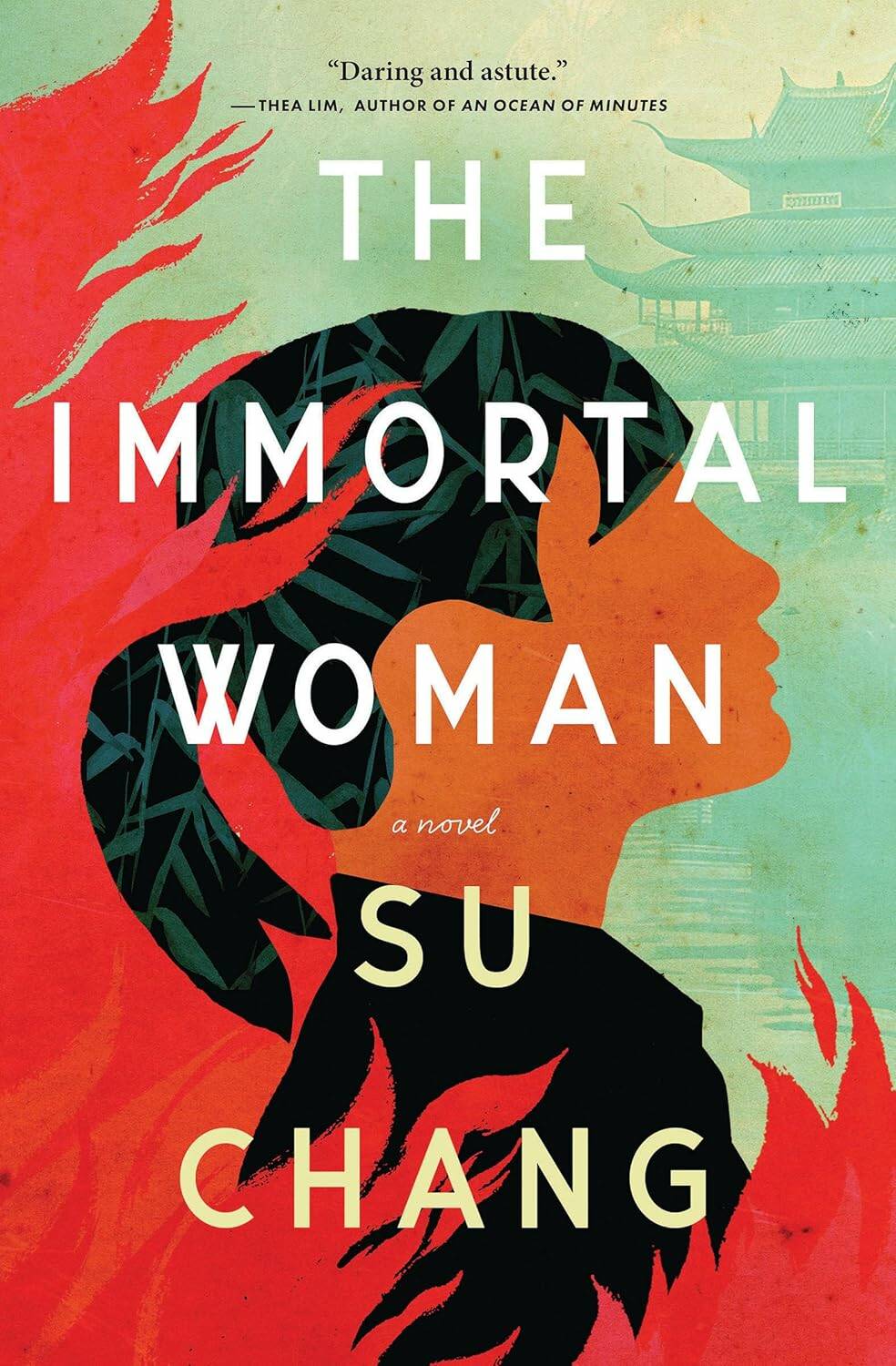Cultural Revolution leaves emotional scars
Advertisement
Read this article for free:
or
Already have an account? Log in here »
To continue reading, please subscribe:
Monthly Digital Subscription
$0 for the first 4 weeks*
- Enjoy unlimited reading on winnipegfreepress.com
- Read the E-Edition, our digital replica newspaper
- Access News Break, our award-winning app
- Play interactive puzzles
*No charge for 4 weeks then price increases to the regular rate of $19.00 plus GST every four weeks. Offer available to new and qualified returning subscribers only. Cancel any time.
Monthly Digital Subscription
$4.75/week*
- Enjoy unlimited reading on winnipegfreepress.com
- Read the E-Edition, our digital replica newspaper
- Access News Break, our award-winning app
- Play interactive puzzles
*Billed as $19 plus GST every four weeks. Cancel any time.
To continue reading, please subscribe:
Add Free Press access to your Brandon Sun subscription for only an additional
$1 for the first 4 weeks*
*Your next subscription payment will increase by $1.00 and you will be charged $16.99 plus GST for four weeks. After four weeks, your payment will increase to $23.99 plus GST every four weeks.
Read unlimited articles for free today:
or
Already have an account? Log in here »
Chinese-Canadian author Su Chang’s debut novel The Immortal Woman follows the lives of three generations of women through political turmoil and modernization in China.
Chang grew up in Shanghai. Her fiction has been recognized in Prairie Fire’s short fiction contest, the Canadian Authors’ Association National Writing Contest and elsewhere.
From 1966 to 1976, Chairman Mao Zedong led the People’s Republic of China in the Cultural Revolution. Youth joined the Red Guards, tasked with purging the country of what were deemed to be capitalist and traditional beliefs. These empowered youth were encouraged to seek out any adults — including government officials, parents and teachers — who could be labelled as imperialists then jailed or sent away for re-education. Sons turned against fathers, daughters against mothers. In The Immortal Woman, Chang examines the serious long-term generational impact caused by this bloody period of China’s history.

The Immortal Woman
The novel opens at the revolution’s start when Shanghai high school student Lemei’s favourite teacher is abruptly led from her classroom under house arrest, and books of classic poetry are destroyed by young Red Guards. Lemei’s father is also imprisoned, her grieving mother struggling to feed Lemei and her teenage brother Feng.
Like most of his peers, Feng joins the Red Guard. Although Lemei doesn’t share the prevailing fanatical political beliefs, she accepts the role of Red Guard leader at her high school mainly out of fear. She knows refusal could result in imprisonment.
Her appointment is made by an older man, Changsen, who desires the attractive student. Upon her graduation, he’s able to help her fulfill her wish to become a writer by getting her a job at a government-run newspaper. Lemei soon learns she’s forbidden from reporting on real-life disasters and the extreme poverty that’s plaguing Shanghai’s people. When her brother reappears after the Revolution ends, Lemei follows him to Beijing to view the student protests that are part of the pro-democracy movement. While there, she’s overwhelmed by the mob violence, which strikes close to home.
Lemei dreams of following her best friend Wei to the United States but can’t afford to pay for a visa. She also feels compelled to stay in Shanghai with her elderly mother. Lemei’s hopes for the former vanish when a brutal attack results in pregnancy and a daughter, Lin.
Lemei then pins her dreams of living in the United States on Lin, raising her to worship Western values above Chinese traditions. Lin’s high academic standing allows her to get a student visa to enter mathematics studies at the University of California.
Once there, Lin feels isolated and struggles to make friends with anyone other than another Chinese scholarship student. She’s burdened by the knowledge of how much her mother has sacrificed to give her the chance to leave the constraints of Chinese society and make a successful life in America.
Lemei is horrified when she attends Lin’s graduation and is told that instead of accepting a job with the Bank of America, she plans to move to Toronto, where a Toronto theatre company has offered her a year-long mentorship allowing her to further develop the play she’s written. Lemei is concerned about Lin’s future security.
Lemei also visits her old friend Wei in Los Angeles. Wei’s once-promising IT career has vanished, and she’s working in a Chinese market. The dreams the women once shared of an affluent life in America have disappeared.
Through her characters, Chang introduces the idea of Cultural Revolution survivors suffering from post-traumatic stress disorder caused by the intense stress they endured during that period. And throughout The Immortal Woman, she skilfully shows how the immigrant’s dream of leaving their former life behind proves unattainable.
Andrea Geary is a freelance writer in Selkirk.

